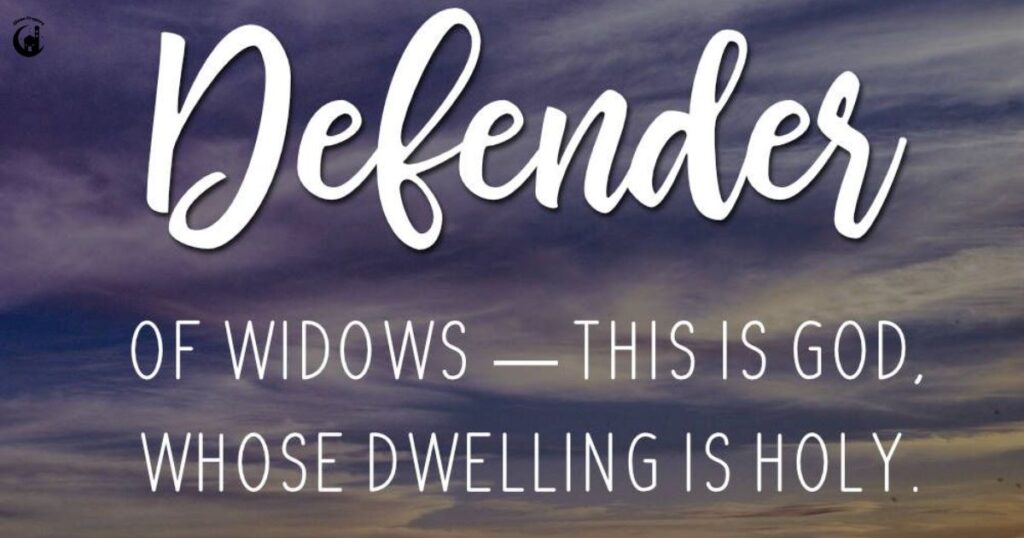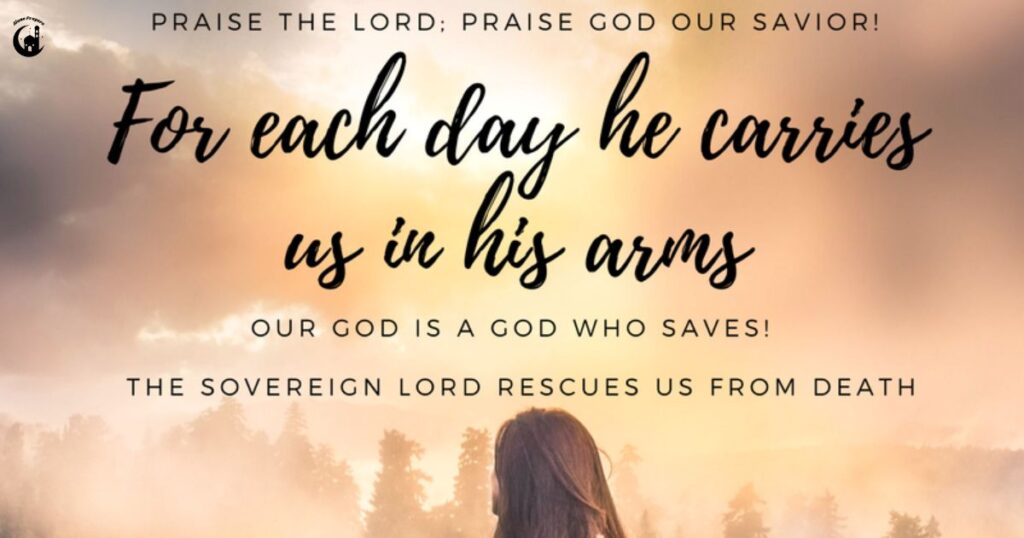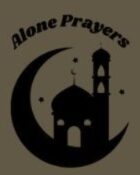Have you ever felt forgotten? Invisible? That crushing feeling of abandonment haunts millions worldwide, especially orphans and widows who have lost everything. But here is the stunning truth: the God of the universe does not just notice them. He defines Himself by how He treats them. In Psalm 68:5, we discover something breathtaking about God’s character.
He does not merely help the vulnerable as a side project. Being Father of the fatherless and defender of widows flows from His very nature. This is not charity. It is identity. When we understand this verse, everything changes how we view God, how we serve others, and how we reflect His love. Let’s dive deep into what makes this passage so revolutionary.
Father of the fatherless, and protector of widows, is God in His holy habitation. – Psalm 68:5

Psalm 68:5 packs incredible power into just a few words. “Father of the fatherless” does not mean God occasionally checks in. The Hebrew word implies ongoing, active parenting. He provides, he disciplines, he nurtures and he protects His children with fierce devotion.
“Protector of widows” translates from a word meaning judge or defender of widows. God actively advocates for those society marginalizes. He stands in the courtroom fighting for their rights.
“In His holy habitation” reminds us this flows from God’s very dwelling place. His throne room. His sanctuary. This isn’t God on a good day, it is His eternal nature.
Ancient Israel’s culture left widows and orphans desperately exposed. When a husband died, his widow often faced poverty and exploitation. Children in need without parents became easy targets for abuse.
God’s law repeatedly emphasized protecting them. Deuteronomy 10:18 says God “defends the cause of the fatherless and the widow.” Exodus 22:22-24 warns anyone who mistreats them faces God’s wrath directly.
Psalm 68 opens explosively. Verse 1 declares: “Let God arise, let his enemies be scattered.” Picture a warrior-king standing from His throne. Enemies flee in terror.
Throughout the psalm, we watch God march in glory. He leads captives, he rains down abundance and he bears our burdens daily (verse 19). He gives power and strength to His people (verse 35).
Verse 5 becomes even more powerful in this context. This conquering King, this God who scatters enemies, chooses to define Himself as Father to abandoned children and protector to grieving widows. That is not a weakness. That’s breathtaking strength.
Psalm 68:5 shows us God is Father to the fatherless and protector of widows.
What does it mean that God is “Father” to orphans? Real fathers shape identity. They teach values, they offer security and they celebrate victories and comfort failures. God does all that for the fatherless.
When scripture calls Him defender of widows, it reveals His justice. Isaiah 1:17 commands: “Learn to do right; seek justice. Defend the oppressed. Take up the cause of the fatherless; plead the case of the widow.” God does not merely pity the vulnerable. He champions them.
This theme weaves throughout scripture like a golden thread.God built protection for vulnerable children directly into Israel’s legal system. During harvest, farmers left grain in field corners specifically for widows and orphans to gather. This was not optional charity, it was required by law.
Jesus embodied this perfectly. He touched lepers. Blessed children. Defend the woman caught in adultery.
The early church continued this pattern. Acts 6 describes appointing deacons specifically to serve widows fairly. James 1:27 became their mission statement: “Religion that God our Father accepts as pure and faultless is this: to look after orphans and widows in their distress.”
How God Works Through His People

James 1:27 does not suggest caring for orphans and widows. It defines authentic faith by it. “Pure and faultless religion.” Not perfect theology. Not impressive worship services. Looking after the vulnerable.
You can not claim to love God while ignoring those He is called Himself Father and Protector for. God works from His holy habitation through us.
He has chosen the church of the people of God as His hands and feet. When we foster, adopt, mentor, or support widows, we’re not just doing good deeds. We’re reflecting God’s very nature.
1 Timothy 5 gives practical instructions for caring for widows. Paul writes that the church should honor real widows who are genuinely alone. He outlines support systems and guidelines for help.
Psalm 68:5 reminds us that God continually works on behalf of his people.
Psalm 68:5 uses present tense. God is Father and is Protector.
Right now, God moves actively. When a child cries from abandonment, God hears. When a widow faces eviction, He sees.
Psalm 68 verse 19 declares: “Praise be to the Lord, to God our Savior, who daily bears our burdens.” Daily. Every single day, God provides strength.
God displays His power most clearly through caring for the weak.
The world equates strength with domination. God reveals true strength through compassion. Protection. Provision.
Psalm 68:5 shows us beauty in specificity. God doesn’t vaguely care about everyone. He specifically, intentionally, purposefully defines Himself as Father to the fatherless and defender of widows.
When we step into caring for vulnerable children or widows, we often feel overwhelmed. But verse 35 promises: “You, God, are awesome in your sanctuary; the God of Israel gives power and strength to his people.”
His power. His strength. Not ours. We do not serve from our own reserves. We serve from His limitless supply.
Prayer for the Zarma People

Over 5 million Zarma people live in Niger. Most have never heard the gospel. Among them orphans and widows who don’t know about the Father and Protector of Psalm 68:5.
When we learn to care for vulnerable children and widows locally, God prepares us for global vision.
The same compassion that moves us toward local foster care should move us toward unreached people groups.
Unreached people groups often include the most vulnerable populations—widows, orphans, trafficked individuals. They need both physical provision and spiritual truth.
Praying According to God’s Word
God, You are Father of the fatherless and protector of widows in Your holy habitation. Arise, God! Move on behalf of orphans and widows among the Zarma people. Send workers into this harvest field. Provide for their needs. Defend their cause. Spread Your gospel to every fatherless child and every grieving widow in Niger. Use our lives locally and globally to show Your glory. Give us Your strength and power to serve as You command. In Jesus‘ name, Amen.
Read Related Blog: A Prayer for the Black Community: Finding Healing, Unity, and Mental Wellness Through Faith
Conclusion
Psalm 68:5 is not just beautiful poetry. It is a revolutionary truth. The God who scatters enemies defines Himself as Father and Protector to society’s most vulnerable. This changes everything. We can not claim to know this God while ignoring those He’s specifically identified with. The father to the fatherless bible verse calls us beyond comfortable Christianity into costly love.
Whether through foster care, adoption, mentoring, or supporting widows, we all have roles. And God promises His strength for the journey. Ask Him today: “How do You want me to reflect Your heart as Father and Protector?” Then step forward in faith.
Frequently Asked Questions
What does Psalm 68:5 mean?
Psalm 68:5 reveals God’s nature as Father to the fatherless and defender of widows. It shows He actively protects and provides for vulnerable people from His holy habitation.
How can I help orphans and widows?
You can foster, adopt, mentor youth aging out, support widows practically, give financially, volunteer, advocate for justice, or pray. Find your specific calling through prayer and assessment.
Why does God care about orphans?
God’s character includes compassion for the vulnerable. Orphans represent those society overlooks, yet God specifically defines Himself as their Father, showing His heart for justice and love.
What is James 1:27 talking about?
James 1:27 defines authentic faith as looking after orphans and widows in distress. It means pure and faultless religion involves actively caring for vulnerable people, not just theological correctness.
Who are the Zarma people?
The Zarma people are an unreached people group in Niger, numbering over 5 million. Most haven’t heard the gospel, including vulnerable orphans and widows among them.
